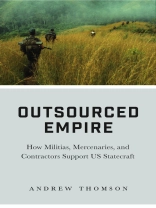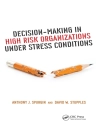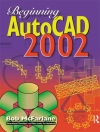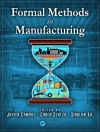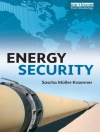There has been a shift in the way that we understand the forces behind imperialism. In this book, Andrew Thomson re-evaluates the history of US imperialism, from the Cold War to today, by looking at the influence of paramilitary actors.
Thomson reveals how these agents are central to US imperialism – from the Guatemalan coup to the Bay of Pigs, from Syrian rebel factions to the Soviet-Afghan War, bringing these narratives together to reveal the evolution of paramilitary insurgencies across the globe. Militias, mercenaries, and private companies (PMCs) have formed a central part of the strategies designed to influence political and economic conditions abroad, oriented towards the US’s Empire.
Drawing on declassified documents including US training manuals, CIA communiqués and the National Security Archive, Outsourced Empire reveals new evidence that helps us understand these institutions and their collective role in maintaining global order.
表中的内容
List of Abbreviations and Acronyms
Introduction
1. US Imperial Statecraft and Para-Institutional Forces
2. Covert Regime Change in the Early Cold War: ‘Power Moves
Involved in the Overthrow of an Unfriendly Government’
3. Counterinsurgent Statecraft: Militias, Mercenaries and Contractors
4. Reagan, Low-Intensity Conflict and the Expansion of
Para-Institutional Statecraft
5. Continuity After the Cold War and the Consolidation of
Para-Institutional Complexes
6. The War on Terror, Irregular Warfare and the Global
Projection of Force
Conclusions
Notes
Index
关于作者
Andrew Thomson is a Lecturer at Queen’s University Belfast and Research Fellow at the Mitchell Institute for Global Peace, Security and Justice. He is the author of Outsourced Empire (Pluto, 2018). He researches in the areas of pro-government militias and paramilitaries, dynamics of violence in civil wars, US foreign policy, the Colombian conflict and peace process, and US counterinsurgency and ‘irregular’ warfare.
